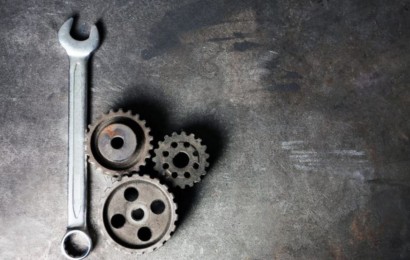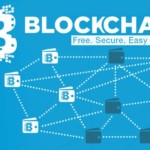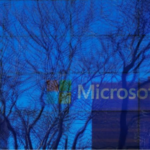
How blockchain tech could change the way we do business
Blockchain the technology underpinning digital currency Bitcoin has been in the news lately. Banks think it could be the future of financial transactions, while diamond miners hope it will help end the trade in conflict diamonds. But what exactly is it and why is it causing such a stir?
Blockchain is a method of recording data a digital ledger of transactions, agreements, contracts anything that needs to be independently recorded and verified as having happened. The big difference is that this ledger isn’t stored in one place, it’s distributed across several, hundreds or even thousands of computers around the world.
And everyone in the network can have access to an uptodate version of the ledger, so it’s very transparent. But how does it work exactly? Digital records are lumped together into “blocks” then bound together cryptographically and chronologically into a “chain” using complex mathematical algorithms. This encryption process, known as “hashing” is carried out by lots of different computers. If they all agree on the answer, each block receives a unique digital signature.
You don’t store details of the transaction, just the fact that it happened and the hash of the transaction, explains Adrian Nish, head of threat intelligence at BAE Systems. Once updated, the ledger cannot be altered or tampered with, only added to, and it is updated for everyone in the network at the same time. What’s so clever about that? Well, the distributed nature of a blockchain database means that it’s harder for hackers to attack it - they would have to get access to every copy of the database simultaneously to be successful. It also keeps data secure and private because the hash cannot be converted back into the original data - it’s a oneway process.
So if the original document or transaction were subsequently altered, it would produce a different digital signature, alerting the network to the mismatch. In theory then, the blockchain method makes fraud and error less likely and…
Read the full article written by Matthew Wall on BBC News
















